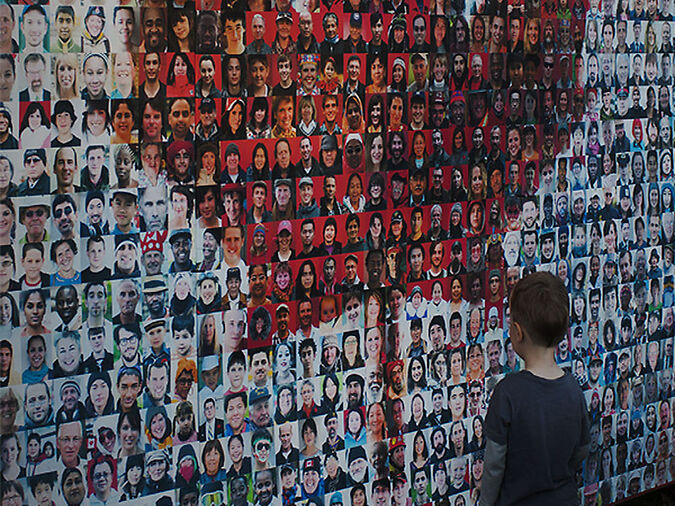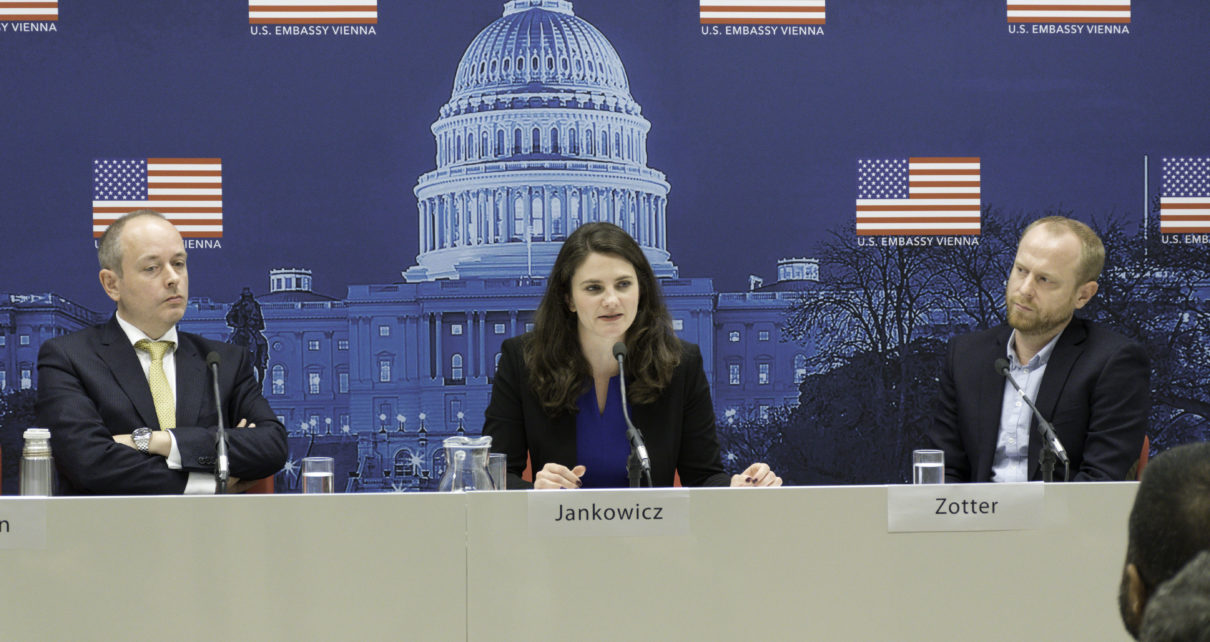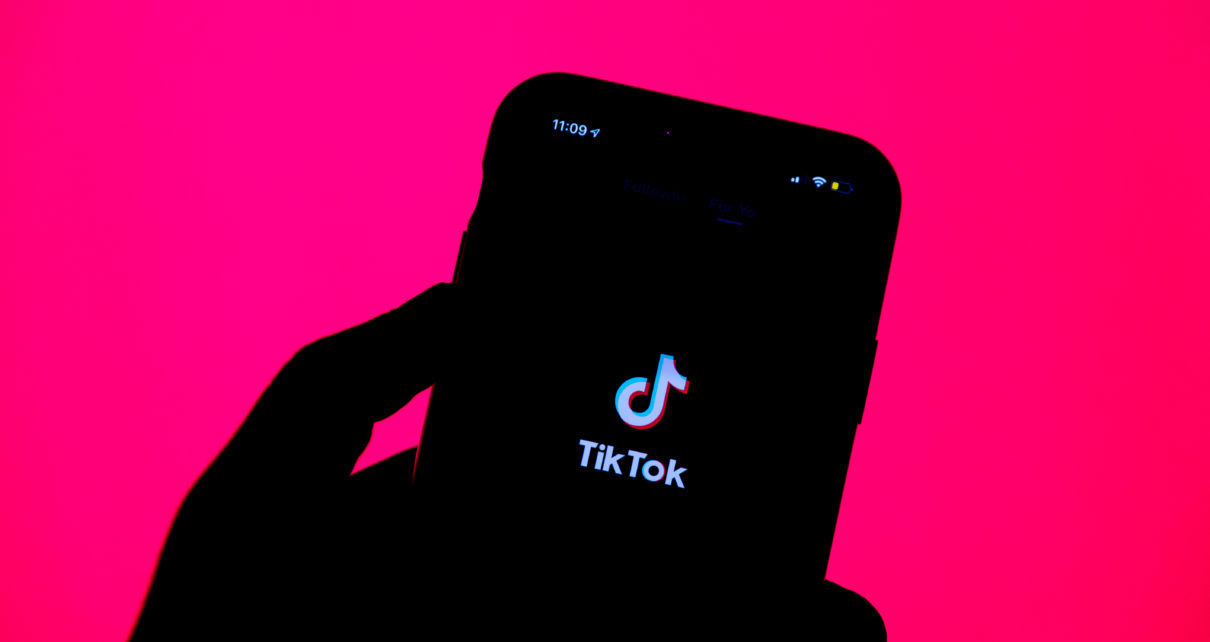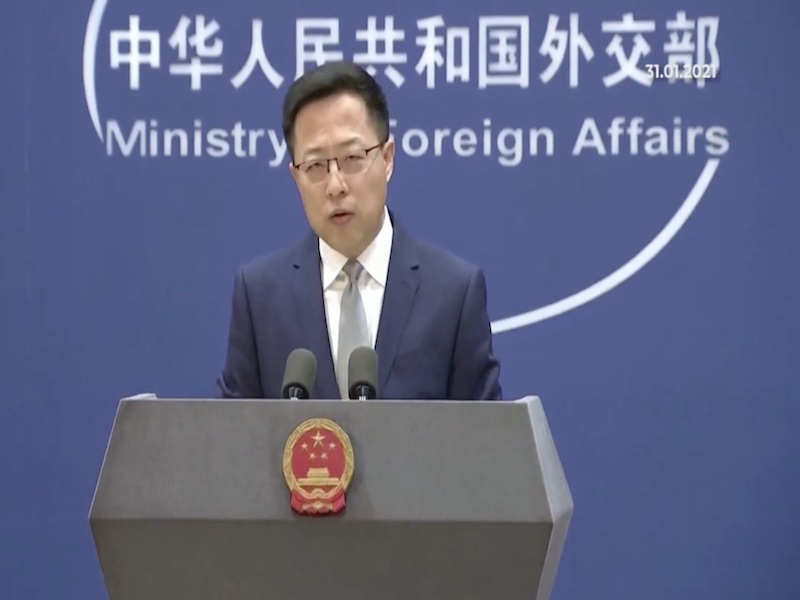Misinformation, disinformation, and malinformation (MDM) have long shaped public understanding and state policy, particularly when it comes to racialized and immigrant communities. For Asian Canadians, these false narratives are not a new phenomenon—they are deeply rooted in a colonial framework that defined Asia and its peoples through a lens of Orientalism. Coined by scholar Edward Read More…
Tag: social media
AI-Powered Mis/Disinformation War
In today’s digital age, mis-and disinformation has become pervasive, fueled by advancements in AI and deep-fake technology, while the centralized nature of social media platforms accelerates its spread, amplifying false narratives to vast audiences with unprecedented speed. NATO recognized this growing threat to democracy during the Washington Summit last summer, emphasizing its critical impact in Read More…
Mis/Disinformation and Polarization Online: Protecting Canada’s Democracy in the Digital Age
This is an era where information warfare is evolving at an unprecedented pace. The digital landscape, marked by rapid shifts, such as the acquisition of Twitter (now X), the Cambridge Analytica scandal, and targeted disinformation campaigns, has exposed the increasing vulnerability of democracies, particularly in the Global North. NATO distinguishes between “misinformation”—false or inaccurate information Read More…
What’s Up, Doc?: The Viral Spread of the Digital Infodemic
In his speech at the Munich Security Conference on February 15, 2020, World Health Organization (WHO) Director-General Tedros Adhanom Ghebreyesus stated: “we’re not just fighting an epidemic; we’re fighting an infodemic.” Social media platforms are flooded with false information, half-truths, and conspiracy theories, all of which shaped the online environment during the COVID-19 pandemic. This, coupled with post-truth politics, Read More…
From the Internet to Ashes: Disinformation and the Tigray War
What does war in the Tigray region show about the future of disinformation in ethnic and regional conflicts? In this article, Jack Burnham discusses the role of gas-lighting and other information warfare techniques in the Horn of Africa’s most recent outbreak of hostilities.
House of Cards: The Suspension of the US’ Disinformation Governance Board
Why did the US Disinformation Governance Board fail? In this article, Jack Burnham discusses the ill-fated US Department of Homeland Security initiative, and the implications for addressing disinformation within democracies.
No Child Left Behind? Education, Disinformation, and Media Literacy Classes
Do media literacy classes offer an effective policy solution to disinformation? In this article, Jack Burnham discusses the rise of media literacy classes in the US and Canada and their impact on countering the effects of deliberate falsehoods on young people.
Short Loops and Tall Tales: TikTok, Disinformation, and the New Face of War Reporting
Why has TikTok become a hub for disinformation during the Russo-Ukrainian War? In this article, Jack Burnham discusses the rise of the social media platform, its influence on the information space, and how it has reshaped war reporting.
Wolf Warrior Diplomacy: The Social Media Battlefield
As targeted social media campaigns work in support of political movements in China’s strategic and political goals, how is social media becoming a new NATO battlefield?
Accountability or Punishment? Recent Pew Research Centre study reveals how divided—and confused—society remains over ‘Cancel Culture’
In this article, Hailey Clarke analyzes the results of the Pew Research Centre’s study on ‘cancel culture’ and argues that ‘cancel culture,’ at large, reflects individuals’ reactions to the rapidly changing social norms within the U.S. and Canada.










